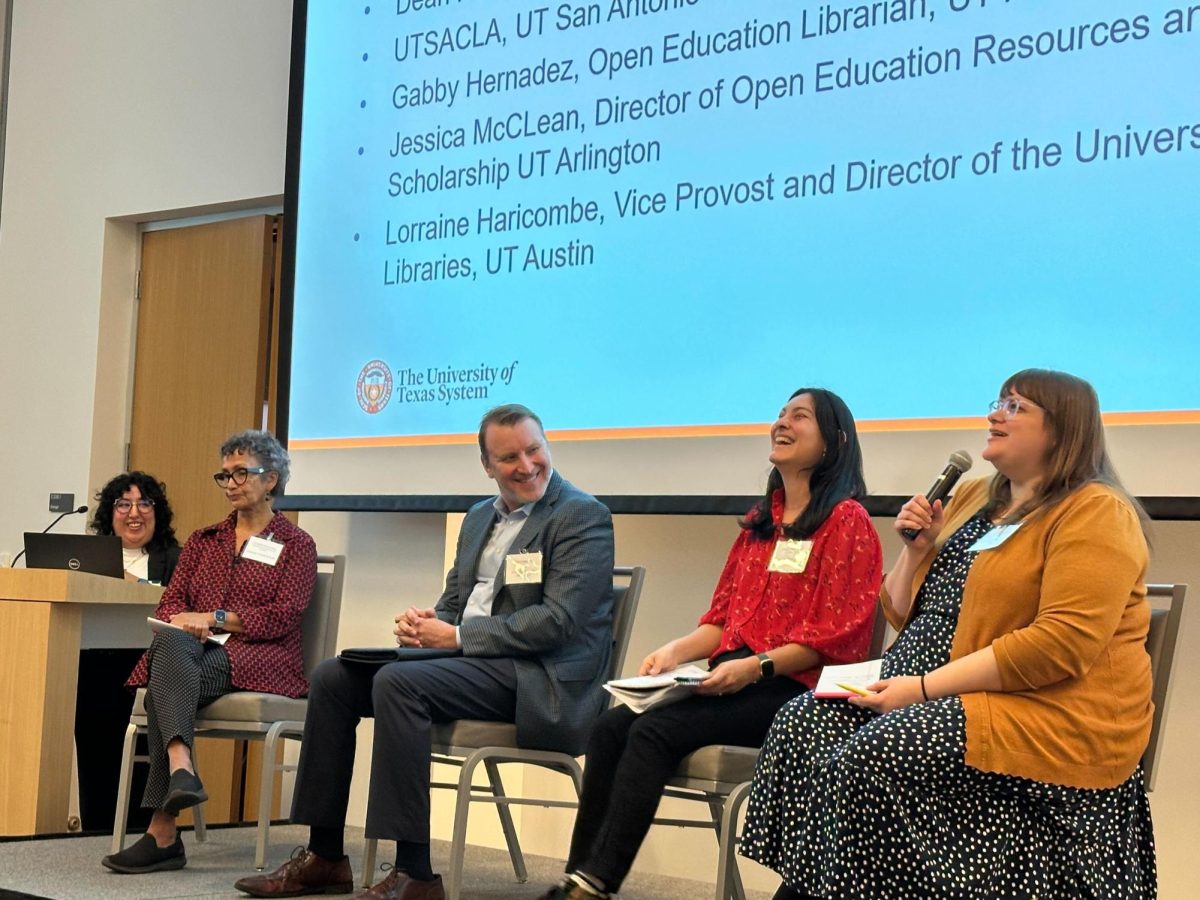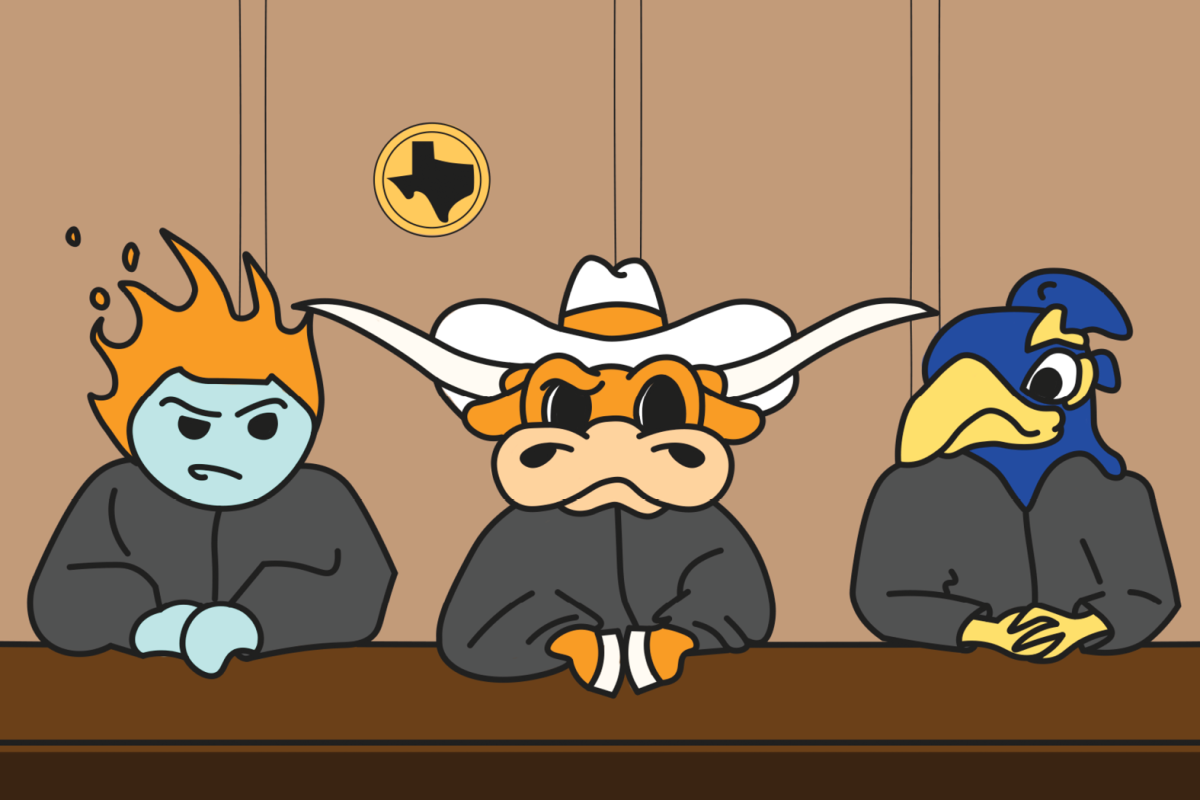The University of Texas System plans to reopen all its institutions in the fall, Chancellor James B. Milliken announced Thursday.
In a conversation with The Texas Tribune reporter Alana Rocha, Milliken said the System will announce a plan for how the universities will reopen safely to follow distancing guidelines in early June. He said West Texas might see an increase in COVID-19 cases in the future, but this would not change the decisions to open campuses such as UT-El Paso and UT-Permian Basin in the fall.
“The question isn’t whether or not we will open in the fall, it is how we will open in the fall,” Milliken said. “We’ll do it in a way that is safe and healthy for our students, our faculty and our staff — and visitors to our campus.”
Milliken said the UT System has encountered economic hardship as campuses shut down. They are working to issue payments to students. He said the funds are not enough to sustain some institutions such as UT-Austin, which has spent roughly $22 million in refunds for housing as of April 1. Millken said UT-Austin has already spent more than what it is eligible to receive for institutional expenses from the CARES Act.
The institutions are still waiting on guidelines from the System and the Department of Education on how to distribute the emergency financial aid to students.
“We are serving a different population, I think a population that the Congress and the administration is trying to provide relief to,” Milliken said. “Those funds will be well used, and the students who will benefit from them will be deserving.”
He said the System is working to even out digital inequity among students since many Texas households lack adequate technology and broadband access. Individual institutions are providing laptops and internet access to students so they can access online instruction.
“We can't have a situation where the natural differences already in terms of wealth and preparation are exacerbated by (the pandemic),” Milliken said.
The revenue from University Lands, which uses revenue from oil production and land holdings to contribute to the Permanent University Fund, has seen a drop in revenue as oil prices plummet. Last year, Milliken said University Lands transferred over $1 billion to the System, but less than half that is projected to be transferred next year.
Milliken said the health institutions suspended elective surgeries, which earn the institutions an estimate of $10-15 million a day in revenue.
He said some institutions have accelerated the graduation of medical doctorates so they can begin working in the field quicker, and UT institutions have shut down most research projects that are not related to COVID-19.
“There are over 130 different research projects going on across the System with regard to vaccines and treatments, different kinds of treatments,” Milliken said. “There is a lot of modeling going on, including at UT-Austin, which is being used nationally so that we can get the public health information as quickly as we need it so public officials can act on it.”
Despite three campuses with exiting or interim presidents, UT-Austin, UT-Arlington and UT-Medical Branch, the System has paused the search for candidates.
“This is one of the disruptive moments in higher education that has been promised for over 20 years,” Milliken said. “This is the beginning of a different way of thinking about it because of necessity.”




















